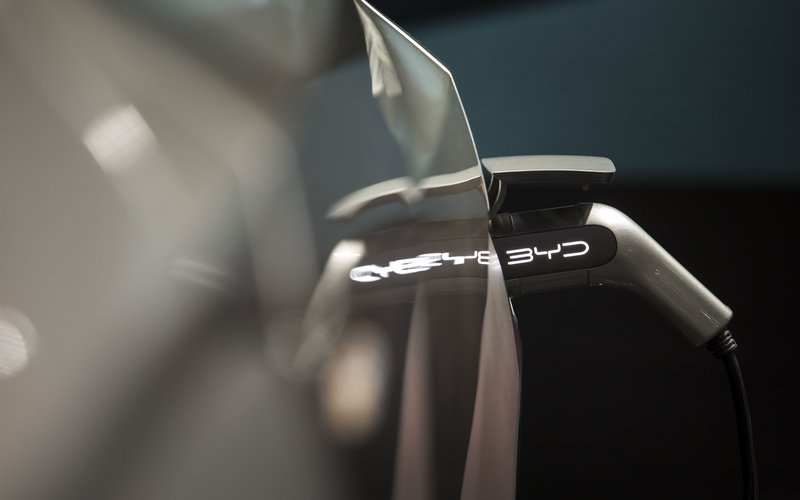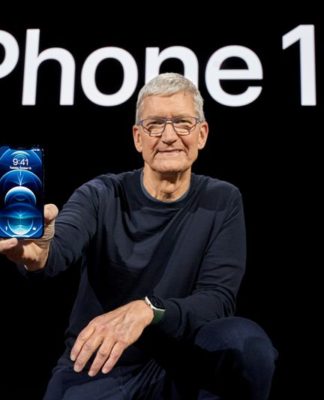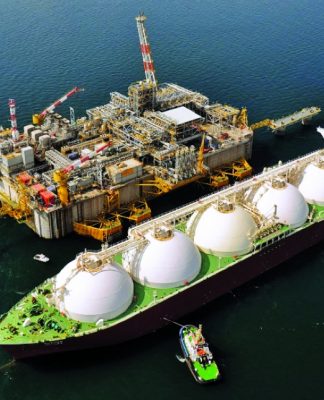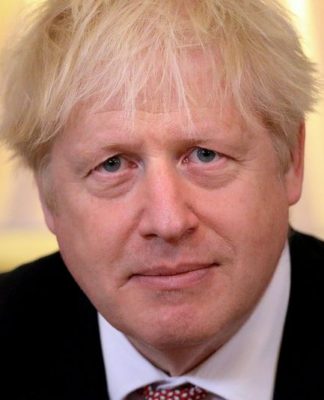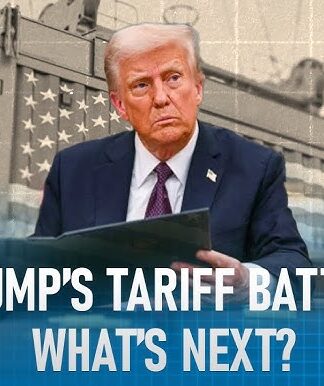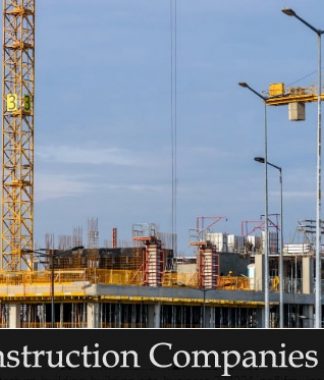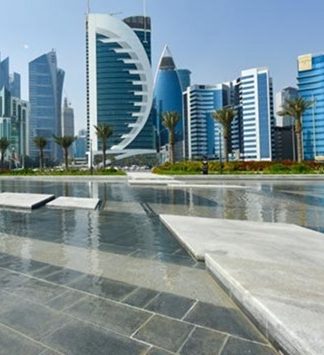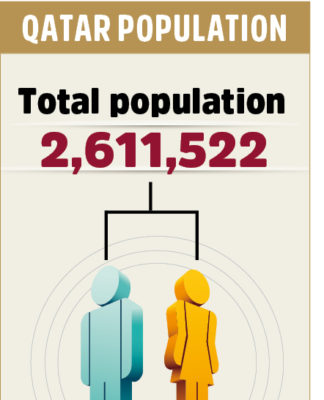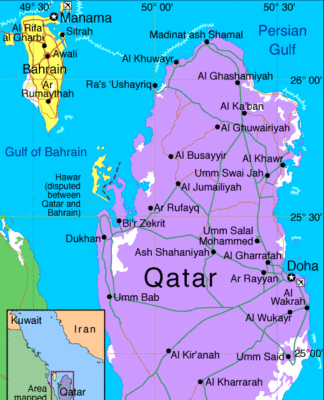BEIJING: Electric cars are holding their own in China, the world’s biggest auto market, even as the industry has seen a slump in overall sales for seven straight months.
Deliveries of new-energy passenger vehicles, which include pure-battery, plug-in hybrids and fuel-cell cars, more than doubled to 85,000 units in January, fueled by a rush before the government scales back subsidies for the zero-emission and low-emission automobiles by 2020.
By contrast, total passenger car sales tumbled almost 18% to 2.02 million units in the month, according to data this week from the China Association of Automobile Manufacturers.
While China has decided to phase out incentives to those buying new-energy cars over the years, it has yet to unveil a new subsidy plan for 2019 that would cut the discounts.
At present, buyers can get as much as 75,000 yuan (US$11,130) from both the central and local governments for a pure-electric e5 sedan made by BYD, which offers a driving range of 450km per charge.
That would save the customer a third of the cost.
Restrictions on car ownership in some mega-cities such as Beijing and Shanghai to ease congestion and pollution are also playing a significant role in improving EV sales, said Bill Russo, founder and chief executive officer of Shanghai-based consultancy Automobility.
Most of the EVs are used by ride-hailing and car-sharing services, he said.
The rising demand is prompting carmakers to boost production and add new models.
Tesla is accelerating its push in China with a planned manufacturing presence, and the US company will compete against electric cars by global brands such as Volkswagen and BMW as well as dozens of local manufacturers seeking a piece of the pie.
Source:freemalaysiatoday.com










